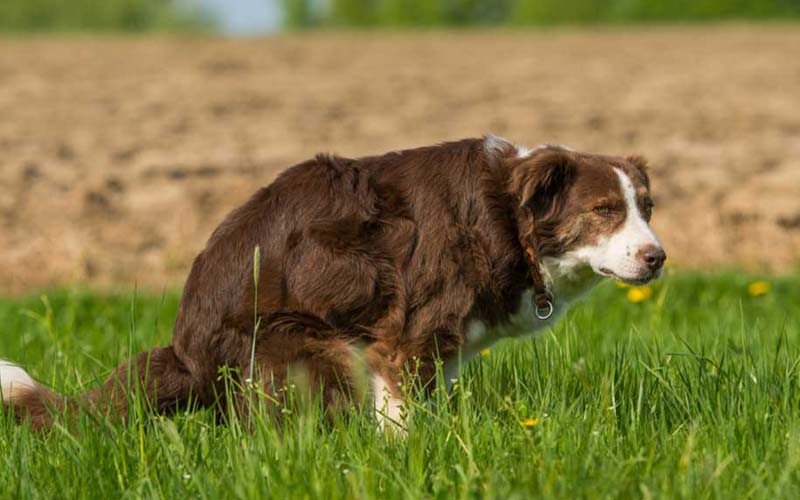Are you worried about your furry friend’s bowel movements? Dog constipation is a common issue that pet owners encounter, and it’s important to understand its causes, symptoms, and remedies. In this comprehensive guide, we will explore what dog constipation is, how it affects your canine companion, and the steps you can take to alleviate this uncomfortable condition.

1. Understanding Dog Constipation:
Dog constipation refers to the difficulty or infrequency of passing stool. It occurs when the fecal matter becomes dry and hard, making it challenging for your dog to eliminate waste. Just like humans, dogs rely on a healthy digestive system for overall well-being. When constipation strikes, it can cause discomfort, pain, and other health complications if left untreated.
2. Causes of Dog Constipation:
- Dehydration: Insufficient water intake can lead to dry, hard stools, making them difficult to pass.
- Diet: A lack of dietary fiber or consuming inappropriate items like bones, stones, or foreign objects can contribute to constipation.
- Lack of exercise: Regular exercise helps promote proper bowel movements by stimulating the digestive system.
- Medications: Certain medications or medical conditions can cause constipation as a side effect.
- Underlying medical issues: Intestinal blockages, tumors, or other gastrointestinal disorders may result in constipation.

3. Recognizing Dog Constipation Symptoms:
It’s crucial to identify the signs of dog constipation to provide timely care. Watch out for the following symptoms:
- Infrequent or no bowel movements
- Straining during defecation
- Dry, hard, or small stools
- Lethargy and loss of appetite
- Abdominal discomfort or bloating
- Increased grooming around the anus
- Vomiting or regurgitation
4. Effective Remedies for Dog Constipation:
- Increased hydration: Ensure your dog has access to fresh water at all times, encouraging them to stay hydrated.
- Dietary adjustments: Consult your veterinarian for a fiber-rich diet that aids digestion and promotes regular bowel movements.
- Regular exercise: Engage your dog in daily physical activities to stimulate their digestive system and promote bowel regularity.
- Natural laxatives: Adding natural remedies like pumpkin puree or fiber supplements can help soften stools.
- Veterinary intervention: If the constipation persists or is accompanied by severe symptoms, seek professional veterinary assistance.

5. Optimizing Your Dog’s Digestive Health:
In addition to addressing constipation, it’s essential to maintain your dog’s overall digestive health. Follow these tips to optimize their well-being:
- Consistency in feeding: Establish a regular feeding schedule to promote a stable digestive routine.
- Appropriate chew toys: Offer safe and appropriate chew toys to prevent your dog from ingesting foreign objects.
- Regular veterinary check-ups: Schedule routine check-ups to detect and address any potential gastrointestinal issues promptly.
- Stress management: Minimize stress and anxiety in your dog’s environment, as it can impact their digestive system.
- Monitor medications: Keep track of any medications your dog takes and consult your vet about potential side effects.
Conclusion
Dog constipation can cause discomfort and affect your pet’s overall well-being. By understanding the causes, recognizing symptoms, and implementing effective remedies, you can help your furry friend overcome this condition. Remember, if the constipation persists or worsens, consulting a veterinarian is crucial to ensure appropriate care. Prioritize your dog’s digestive health to ensure a happy and comfortable life for your beloved companion.
